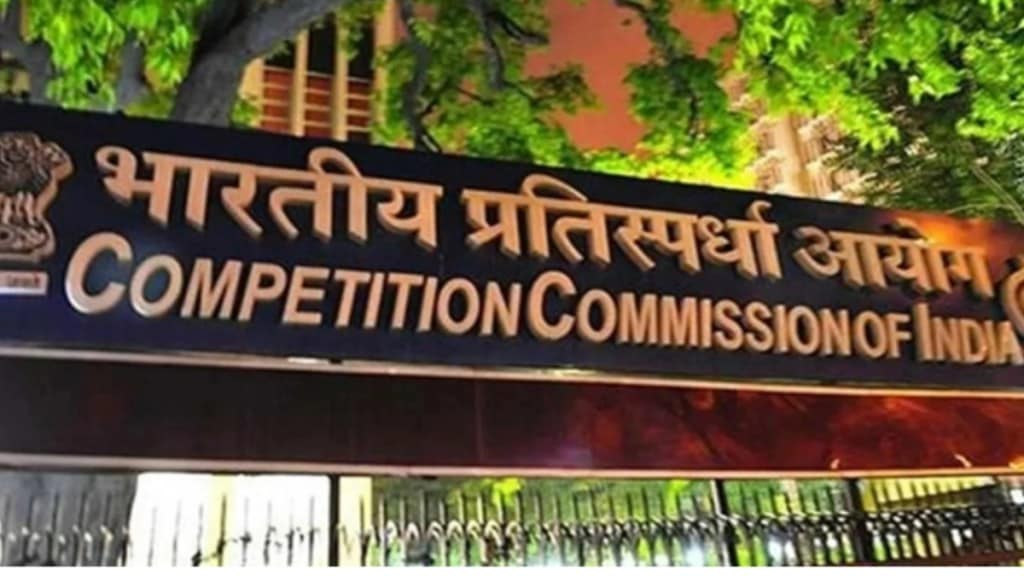The Competition (Amendment) Bill, 2022, seeks to introduce an additional criterion — transaction value — for M&As to be notified to the competition regulator for approval. This recognises that the existing ‘assets & turnover’ criteria may not pre-empt competition infractions in the digital space. Surabhi looks at the Bill’s key provisions
The existing competition regulation landscape…
The Competition Act 2002 established the Competition Commission of India (CCI) and sought to promote free trade and fair competition in the markets of goods and services, by curbing anti-competitive practices —cartelisation, anti-competitive agreements (ACA), abuse of dominant position (ABP), etc. It was amended in 2007, 2009, and 2017. The provisions of the Act relating to anti-competitive agreements and abuse of dominant position were notified on May 20, 2009.
Also Read: Parliamentary panel recommends major changes to Competition Bill
Two years later, in May 2011, the CCI began screening M&As too. At present, combinations above certain asset/turnover thresholds must be notified for the CCI’s approval.
Why was there a need to amend the Act now?
Section 5 of the Act sets out thresholds for Indian enterprises and groups, in terms of assets and turnovers, which, if exceeded, trigger a requirement to notify the CCI. Mergers for global enterprises and groups with an Indian leg have different thresholds. The thresholds are reviewed every two years.
Also Read: Control redefined
The Competition Law Review Committee, set up in 2018, found the need to recalibrate the Act. The rise of
Big Tech and acquisitions in the sector, such as that of WhatsApp by Facebook, was a trigger for the review, as in this space, the businesses concerned may fall way below the thresholds when the deals are struck but may still wield enough market power to throttle competition. Also, a need was felt to introduce settlement of proceedings for contraventions (like ACA and ABP).
Contours of the Bill
The Bill seeks to make it mandatory for M&As to be notified to the CCI if the deal value threshold (DVT) is above `2,000 crore, with significant India presence. It also proposes to cut the time limit for assessments to 150 days from 210 days at present, and for forming a prima facie opinion, to 20 days from 30. It proposes a Settlement and Commitment framework for faster resolution of antitrust cases. Also, it seeks to expand the scope of entities that can be considered a part of ACAs.
Settlement route
The CCI found hefty penalties often led to protracted litigation and minimal recoveries. Settlement, or the compounding of offences, is common in mature antitrust regimes. Regulators such as Sebi have also found it to be an efficient tool. The accused consenting to the entry of administrative orders without admitting/denying the allegations against them is integral to the process.
What changes to the Bill has the parliamentary panel recommended?
The Standing Committee on Finance, chaired by BJP MP Jayant Sinha, has recommended retaining the DVT threshold of `2,000 crore, but has said the enterprise with ‘substantial business operations’ should be the party being acquired in India. It suggested DVT be reviewed every year, instead of every two years, as sought by the Bill, so that it doesn’t become restrictive. The panel seems to have stuck to the threshold deal value, though industry players had claimed that the threshold was quite low and could unnecessarily require many M&As to seek regulatory approval.
The parliamentary committee is also for maintaining the status quo (210 and 30 days) on the timeline for approvals. Significantly, it suggested that “cartels” — a grave offence — be included in the scope of settlement. It is important to note here that many advanced competition jurisdictions see cartelisation as a criminal offence, and not a civil offence. The recommendations of the Standing Committee will now be examined by the government and may, in whole or part, be included in the Bill, before it is sent to the Cabinet. The Bill is likely to be taken up for discussion and passage in the Lok Sabha in the Budget session.

